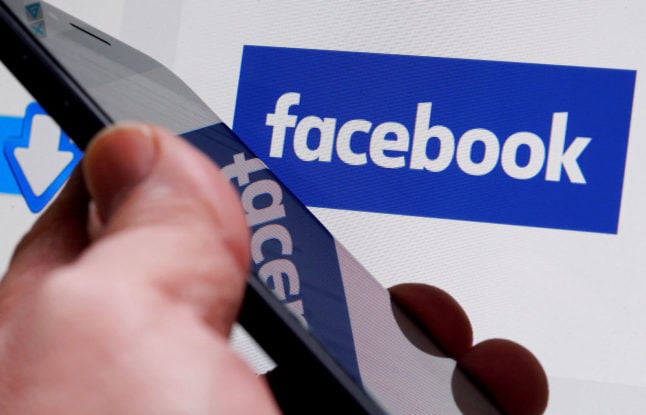The EU intellectual property rights directive (IPRED) allows for a court to demand the release of IP information pertaining to a suspected file-sharer, ECJ advocate general said on Thursday.
The statement by Niilo Jääskinen has been taken as an indication that a Swedish court can demand information which may identify a internet service subscriber.
But further comments by Jääskinen, indicating that the information could only be demanded if it had been stored for that specific purpose, have been interpreted by researchers to mean that IPRED would be rendered toothless in practice.
“It is not crystal clear what the advocate general means, but it leans towards that one can’t hand over the information,” according to Daniel Westman, a information law researcher at Stockholm University.
Jääskinen’s comments concern a case referred to the ECJ by the Swedish Supreme Court in September 2010.
The case in question is between five audiobook publishers and the Swedish internet service provider ePhone which had appealed a lower court ruling ordering the firm to hand over information about the users connected to certain IP-addresses.
The firm has refused the request and the case has become regraded in Sweden as a test for the so-called IPRED law which passed into force on April 1st 2009.
The Swedish Publishers’ Association (Svenska Förläggareföreningen – SvF), which is representing the five audiobook publishers, has meanwhile claimed that Jääskinen’s comments are “positive”.
“It is positive, but difficult to interpret with regards to the outcome of the case. It is a little unclear and imprecise how it can be interpreted. But it is very positive that it is now been clarified that the intellectual property rights directive does not run contrary to the legislation,” said Caroline Fellbom Franke at SvF.
Fellbom Franke however recognized that Jääskinen’s additional comments could mean that IPRED legislation in Sweden would become toothless if ePhone and other IPSs were to simply argue that the information was saved for other purposes.
Peter Helle, a lawyer representing ePhone, also interpeted the comments as positive for the firm and for the privacy of internet users.
“As I interpret the advocate general’s comments it is positive for ePhone and for Sweden’s internet users,” he said.
Bo Wigstrand, ePhone’s CEO, described the news as a “success for personal integrity on the internet” and gave him cause to believe that the firm would win their case in the Supreme Court, if the ECJ stands behind the advocate general’s comments.
Solna district court in June 2009 ordered ePhone to reveal who was using the IP-addresses identified as belonging to file sharers who spread some 2,000 audio book titles over the internet.
But ePhone refused, pointing out that a password was required in order to gain access to the works stored on the computer and thus the sound files weren’t publicly accessible and therefore not a case of copyright infringement.
The Court of Appeal (Hovrätten) later upheld ePhone’s appeal of the decision, ruling that the publishers were unable to prove whether the audio books on the server really had been available to the public.



 Please whitelist us to continue reading.
Please whitelist us to continue reading.
Member comments